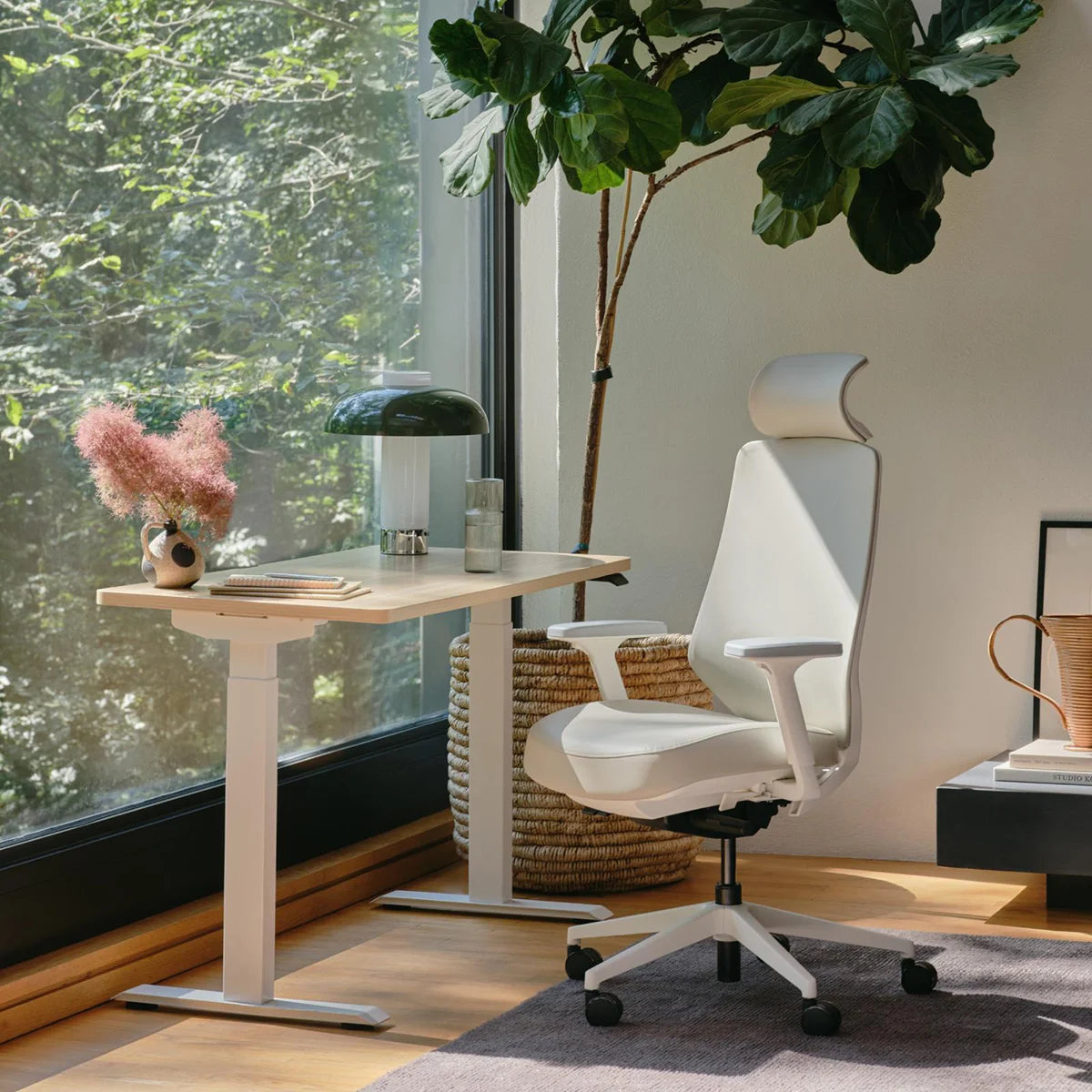While it’s easy to say that a growth mindset will lead to more personal development, it’s not nearly as easy to follow through and implement it in everyday life. Let’s use an example:
Our friend, Arnie, had been meaning to learn alto saxophone for years—about twice a year, he would spend a week or so playing scales and trying to learn songs every day. By the end of the week, he would get better at playing a few scales, but he would still have trouble playing basic melodies that he assumed he could master with a few hours of practice. Instead of celebrating the progress he’d made on scales over the course of the week and choosing to rise to the challenge of the songs, Arnie would point to his failures as reason to believe that he simply wasn’t, and never would be, a capable saxophone player. In this case, Arnie’s fixed mindset prevented him from moving further along with the saxophone because he assumed his failure was indicative of a supposedly intrinsic talent or ability.
About a year ago, though, Arnie quite literally changed his tune and adopted a growth mindset when approaching the saxophone—rather than reflecting his worth or talent in some way, Arnie newly saw his failures as a chance to grow. He developed the patience and confidence to acknowledge the areas in which he was failing and frame them as challenges that could be surmounted with the proper patience and discipline. Instead of finding an easy excuse to abandon his saxophone practice —“I’ll never be good enough!” as he used to say—Arnie continued his daily regimen and patiently developed his playing ability.
By adopting a growth mindset, he took mental energy that had otherwise been focused on his shortcomings, and re-directed it towards the actual task at hand. Arnie re-framed adversity as a problem to be solved, not a reason to give up, and today, he knows how to play over 100 songs. “I’m not good enough to play in a band yet,” he told me a few days ago, “but that just means there’s more work to be done.”














